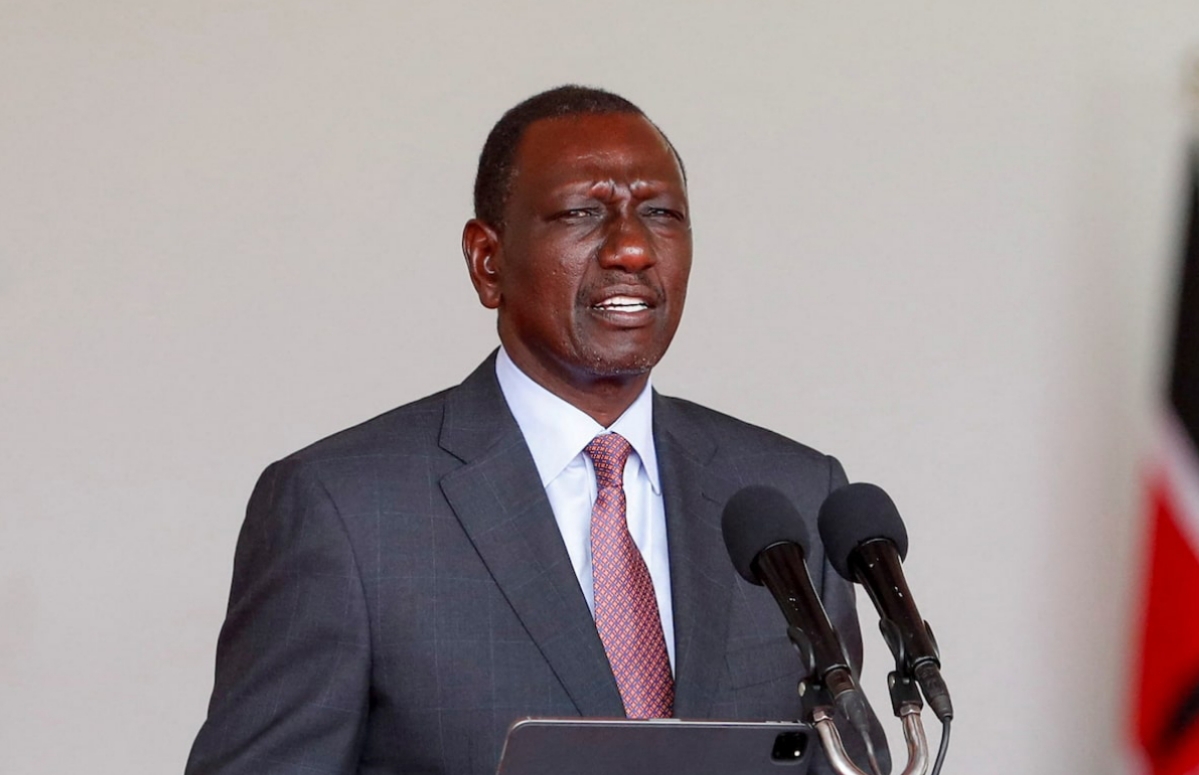Thousands of public servants working in various state corporations could soon be forced to make tough career decisions, as the government moves forward with the plan to merge several parastatals.
The National Treasury has disclosed that the reforms will include job cuts and early retirement offers for workers affected by the restructuring.
Treasury Cabinet Secretary John Mbadi outlined the plan in documents supporting the 2025-26 budget, where he described how the changes will affect both the public workforce and government finances.
As part of the transition, the government is preparing to offer voluntary early retirement packages to employees who will not be absorbed into the new structure.
“Once Cabinet approval is obtained for the implementation of the reforms, the government will allocate budgetary resources to fund voluntary early retirement for employees who choose not to be redeployed,” Mbadi said.
The restructuring is part of a broader plan to improve the performance and efficiency of state agencies.
In January, the Cabinet gave the green light to merge 42 corporations into 20 agencies. The decision was reached after a review revealed that many of these bodies were facing financial strain, unable to meet legal and contractual obligations, and burdened with large unpaid bills.
The proposed changes follow the National Treasury’s assessment of 271 state corporations, excluding those earmarked for privatisation, as part of the broader reform strategy to address inefficiencies and waste in the public sector.
The 42 parastatals set to be merged into 20 entities include a wide range of organisations.
These include the Kenya Wildlife Service (KWS), Kenya Airports Authority (KAA), Kenya National Highways Authority (KeNHA), Kenya Broadcasting Corporation (KBC), and the Kenya Power and Lighting Company (KPLC), among others.
The mergers are aimed at improving efficiency by eliminating redundancy and reducing operational costs.
Among the nine parastatals proposed for dissolution are the Kenya Film Classification Board, the President's Award Authority, and the Lamu Port South Sudan-Ethiopia Transport (LAPSSET) Development Authority.
The dissolution of these entities is part of the government's broader efforts to cut down on unnecessary spending.
In addition to the mergers and dissolutions, the Cabinet also proposed restructuring six parastatals to enhance their functionality.
These include the Industrial Development Bank (IDB), the National Cereals and Produce Board (NCPB), and the Kenya Forestry Research Institute (KEFRI).
These institutions will undergo restructuring aimed at increasing their operational efficiency and reducing wastage of public resources.
Furthermore, the government has decided to divest or dissolve 16 other state corporations whose functions can be taken over by the private sector.
These include entities like the National Social Security Fund (NSSF), the Kenya Tourism Board (KTB), and the Kenya Pipeline Company (KPC).
These moves are in line with efforts to ease the fiscal burden on the government by allowing the private sector to take over certain roles, thereby fostering competition and improving service delivery.
The Cabinet also approved the declassification of 13 professional bodies, which are no longer deemed necessary for direct government funding.
The bodies include the Engineers Board, the Kenya Medical Practitioners and Dentists Council (KMPDC), the Nursing Council, and others that have previously received financial support from the government.
Under the new reforms, these bodies will now operate without government funding, a move expected to save the state millions of shillings annually.
Some workers will be reassigned within the new entities, but a large number are expected to leave public service altogether.
According to Treasury figures, around 3,100 employees are based at the affected corporations.
Of these, about 520, including chief executive officers, board chairpersons, and board members, work in nine state bodies that will be dissolved completely and their roles taken over by other agencies.
The government has also identified 16 additional corporations with outdated functions that are lined up for dissolution.
Meanwhile, around 2,600 staff are attached to agencies that the Cabinet concluded are duplicating services that can be offered by the private sector.
The fate of executives and staff across all affected corporations remains uncertain. While some may receive new roles within the revised structure, many others are likely to exit under the planned early retirement programme.
CS Mbadi emphasised that the plan will require proper funding to ensure smooth execution, adding that the aim is to allow affected workers an option to exit gracefully.







